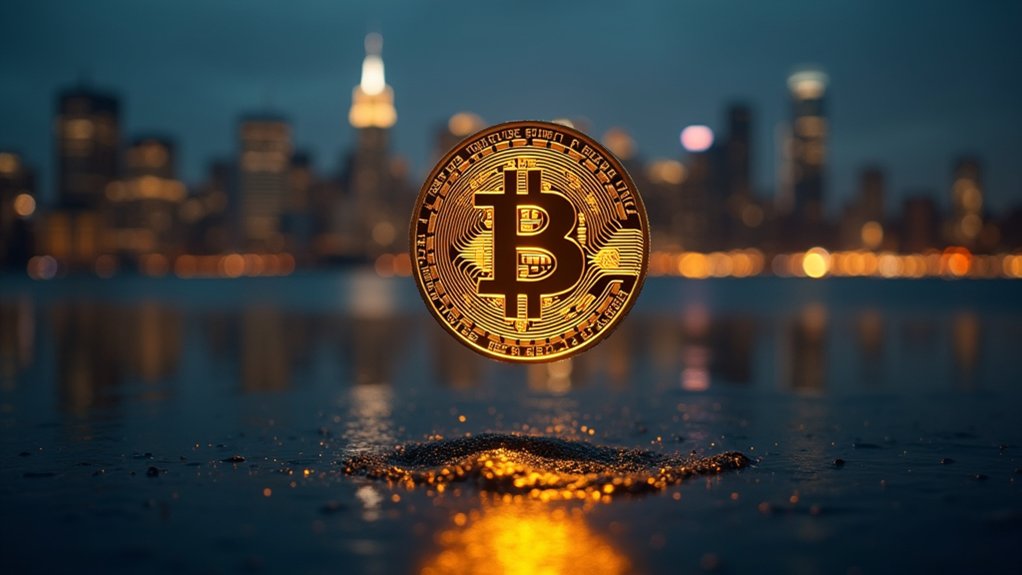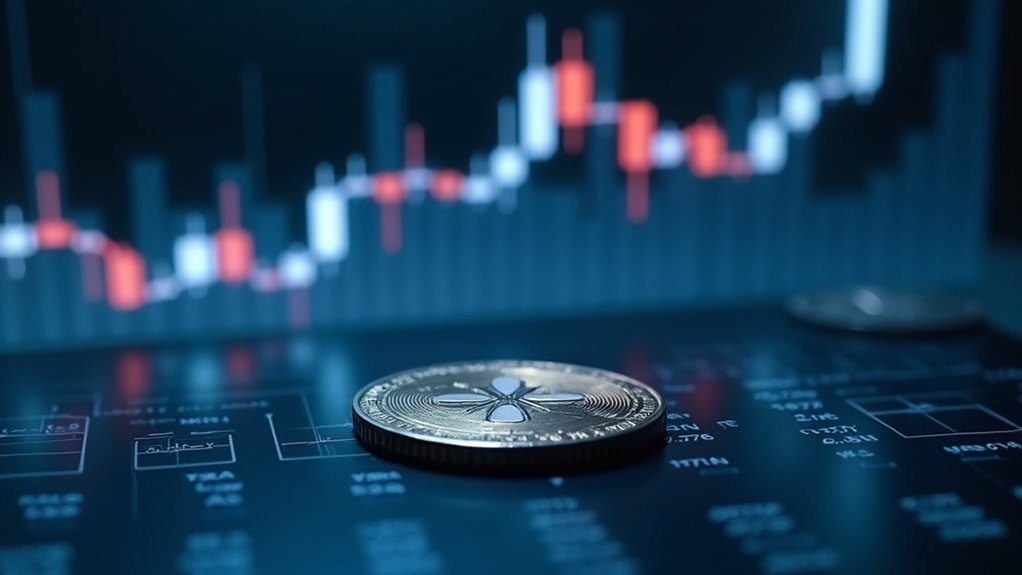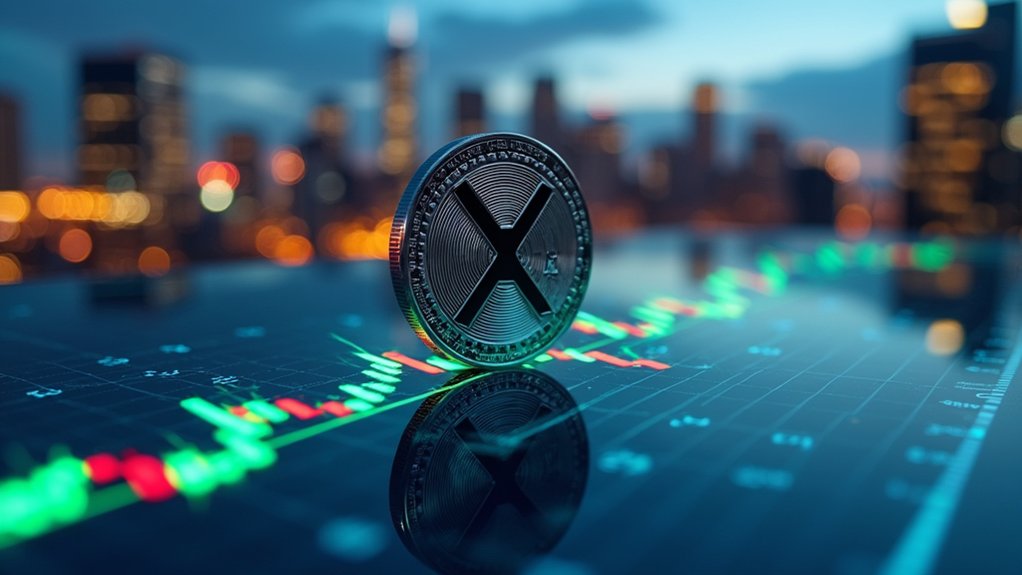How long can an asset inflated to a staggering $1.2 trillion in unrealized Bitcoin gains remain impervious to the basic economic compulsion of profit-taking? Investors clutching their digital fortunes exhibit a baffling resilience against the gravitational pull of realizing profits, even as Bitcoin’s price surges past $100,000. The answer lies partly in the intricate interplay of tax implications and market psychology, where the specter of capital gains taxes dissuades many from cashing out, while the collective conviction in Bitcoin’s future ascent fosters a near-religious holding mentality. This tacit agreement to abstain from selling, despite the irresistible lure of converting paper wealth into tangible assets, challenges conventional market behavior with an obstinate stubbornness that borders on recklessness. This phenomenon is also influenced by the decentralized nature of cryptocurrency, which removes traditional intermediaries and alters usual market dynamics through a peer-to-peer system.
The psychological barrier near $111,970—the price ceiling set in May 2025—functions less like a mere number and more like a mental fortress against profit-taking. Investors, particularly long-term holders, treat this threshold as a sacred line, fearing that selling now would mean missing out on yet-undiscounted gains. Meanwhile, the average purchase price of $98,300 for short-term holders has become a de facto support level, reinforcing a market structure sustained by sheer willpower rather than rational exit strategies. The arrival of Bitcoin ETFs, which one might expect to inject liquidity and prompt selling, has only marginally dented this dynamic, underscoring the anomalous resilience of these unrealized gains. This strong holding sentiment supports ongoing market stability even amid price volatility.
This phenomenon, far from a simple reluctance to sell, reveals a market gripped by a dangerous cocktail of deferred gratification and tax-avoidance tactics, where the promise of even greater riches silences the prudent voice urging profit-taking. The fact that a major institutional player controls roughly 2.864% of circulating Bitcoin further intensifies this dynamic by limiting available supply and reinforcing confidence among holders. Such behavior, if unchecked, risks inflating a bubble sustained not by fundamentals but by collective denial—a precarious equilibrium that could implode with ruthless suddenness once the psychological dam cracks.









